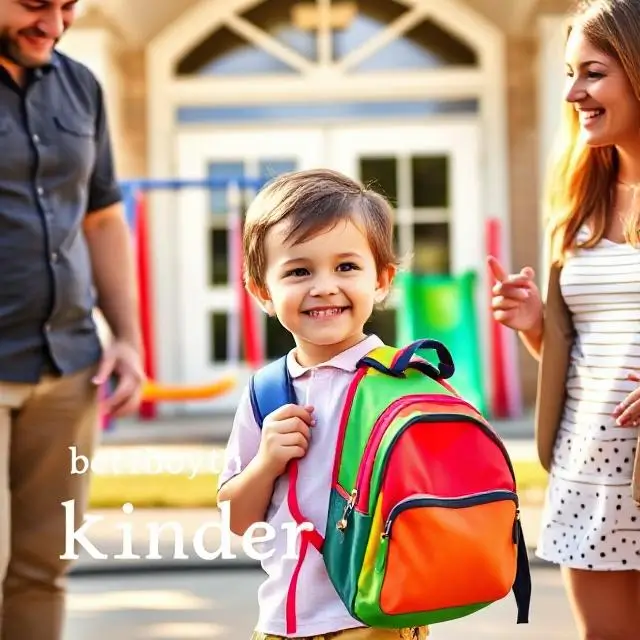Preparing a child for kindergarten involves more than just buying supplies or filling out paperwork. How to prepare your child for kindergarten. The key is to focus on building foundational skills such as social interaction, basic communication, and routine understanding before school starts. These elements help children transition smoothly into the structured environment of kindergarten.

Parents and caregivers can support their child by encouraging simple independence, practicing daily routines, and exposing them to group settings. Knowing what to expect and how to address common challenges reduces anxiety for both the child and the family.
This guide covers practical strategies to ensure a confident and ready start to kindergarten, addressing emotional, social, and academic preparation in manageable steps.
Understanding Kindergarten Readiness
Kindergarten readiness involves specific physical, emotional, and cognitive abilities. Children should demonstrate growth in key areas that support successful adaptation to school routines and learning expectations.
Key Developmental Milestones
Children entering kindergarten typically show progress in motor skills like running, jumping, and using scissors. Fine motor control is important for writing and manipulating objects.
Language development includes the ability to speak in complete sentences and understand simple instructions. Many children recognize some letters and numbers before starting.
Cognitive skills include following two-step directions, recognizing patterns, and solving simple puzzles. These foundational skills help children adjust to learning tasks and classroom activities.
Emotional and Social Maturity
Emotional readiness means children can manage frustrations and handle transitions between activities with minimal adult intervention. They should show some ability to express feelings appropriately.
Social maturity involves interacting cooperatively with peers, sharing, and taking turns. Children who initiate play and communicate needs clearly typically adapt better to group settings.
Independence in self-care tasks like dressing, eating, and toileting indicates readiness to handle daily school routines with less assistance.
Essential Early Academic Skills
Basic literacy includes recognizing letters, understanding that print carries meaning, and beginning to write their name. Early numeracy involves counting objects and recognizing simple shapes.
Listening skills and attention span are critical. Children must be able to sit and focus on a task for at least 10-15 minutes.
Familiarity with classroom routines, such as lining up and following rules, supports early academic success and helps children feel secure in their learning environment.
Building Pre-Kindergarten Academic Skills
Early academic skills form the foundation for a successful start in kindergarten. They include basic literacy, math understanding, and the ability to engage with questions and problems confidently. Focusing on these areas prepares children to meet classroom expectations.
Foundational Literacy Activities
Children should become familiar with the alphabet and letter sounds before kindergarten. Activities like singing the alphabet song, reading aloud daily, and playing with letter blocks help them recognize letters and develop phonemic awareness.
Practicing simple writing tasks, such as tracing letters or writing their name, builds fine motor skills and letter formation. Encouraging storytelling or talking about pictures in books strengthens vocabulary and comprehension.
Using flashcards or matching games can reinforce letter-sound associations. Consistent exposure to print in everyday contexts, like labels or signs, also boosts recognition and interest in reading.
Early Math Concepts
Kindergarten readiness includes understanding numbers, counting, and basic shapes. Counting objects during play or snack time helps children grasp number concepts naturally.
Introducing simple patterns and sorting tasks develops logical thinking. Explain concepts like “more,” “less,” and “equal” through hands-on activities using toys or household items.
Identifying common shapes—circles, squares, triangles—supports spatial awareness. Using puzzles or shape-sorting games encourages recognition and categorization skills.
Encouraging Curiosity and Problem-Solving
Children learn problem-solving by exploring and asking questions. Providing open-ended toys, like blocks or simple puzzles, promotes creative thinking.
Encourage asking “why” and “how” questions during daily routines. Responding with clear, direct answers stimulates understanding and curiosity.
Modeling persistence when solving tasks teaches patience. Breaking problems into small steps helps children practice reasoning and builds confidence in their abilities.
